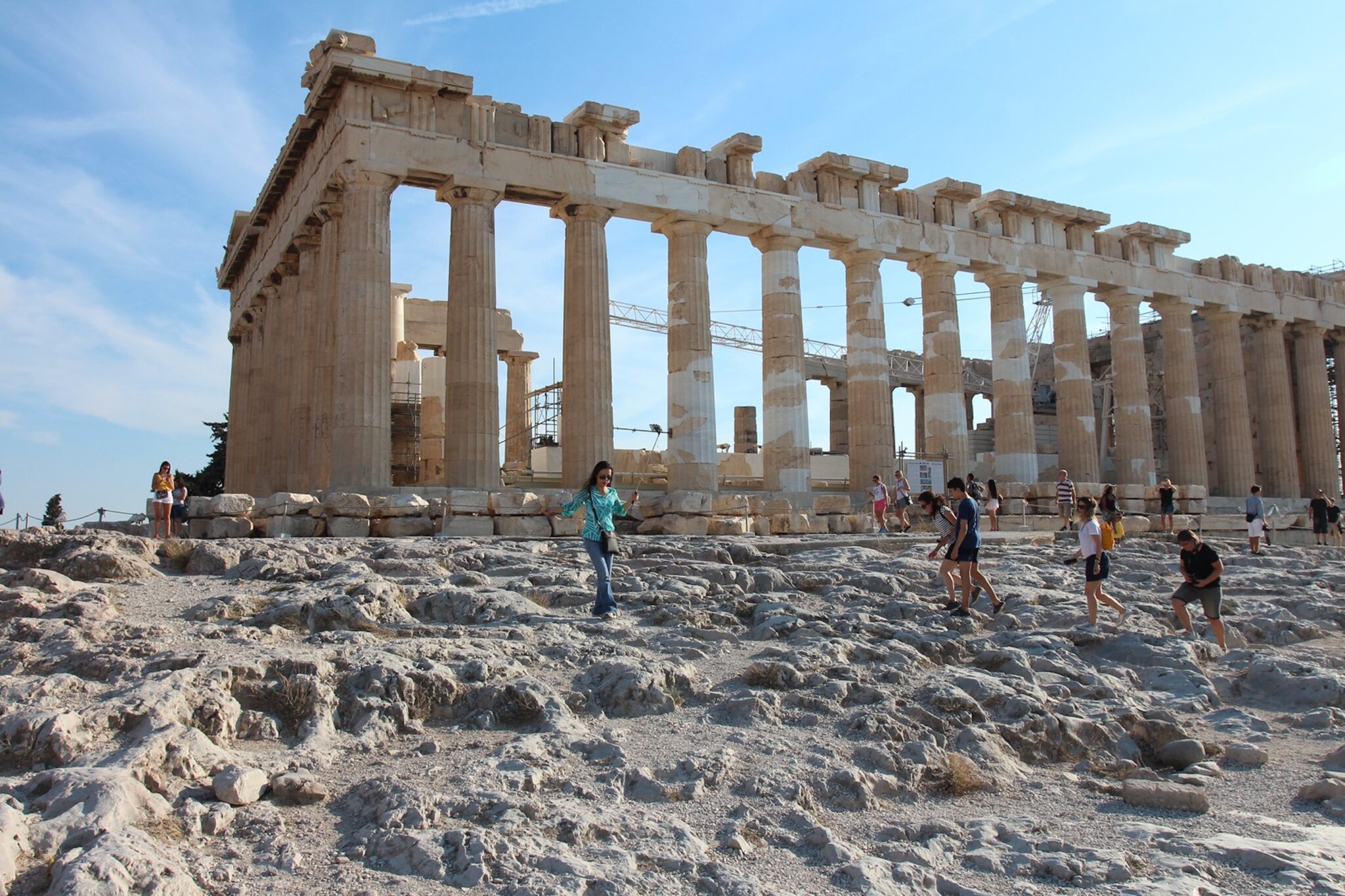Skift Take
— Jesse Chase-Lubitz
As Southern European tourist destinations face increasingly hot summers and higher threats of wildfires, governments and tourism ministries are left scrambling. Scientists say it’s possible to foresee these events four to five weeks in advance, but most cities don’t have strategies in place to prepare for them.
A fifth tourist was found dead in Greece due to unusually high temperatures, police said on Monday. The country has already closed several of its most popular tourism attractions in response to the heat, including the Acropolis.
Authorities said that they are also searching for three more tourists who went missing, including two French women and an American man. One of the women sent a distress message to her guest house owner saying she had fallen. The deaths and disappearances are being attributed to a heatwave, which is classified as temperatures exceeding 38 celsius or 100.4 Fahrenheit.
This event is the earliest heatwave on record in Greece, Greek meteorologist, Panos Giannopoulos, told Greek state television channel ERT.
Last week, authorities in Athens closed the ancient sites from 12pm to 5pm after local media reported tourists fainting while in line. Tourists who had booked during those times were told they could use their tickets later in the day until the sites closed at 8pm.
Heatwaves are predictable
Meteorologists can predict heatwaves up to five weeks in advance, according to Álvaro Pimpão Silva, a program officer at the World Meteorological Organization (WMO).
This heat is also following more general trends predicted by scientists. The WMO released data recently showing that 23 of the 30 most severe heat waves since 1950 in Europe occurred after 2000. Five of the most severe took place in just the past three years.
“It’s very visible that we are seeing an increasing trend for extreme heat events,” Silva said. “And they are also one of the most important phenomena that lead to excess mortality.”
But governments are doing little to prepare
Despite the fact that this information is accessible, policy experts in the European Union say that governments are not prepared.
“For the time being, the countries are not ready to deal with the impact of climate change,” said Cinzia de Marzo, a European Climate Pact Ambassador who focuses on sustainability and tourism. “They don’t plan.”
De Marzo said that the countries are responding to emergency situations rather than putting plans in place.
“The main complaint from the tourist perspective is information,” said de Marzo “They are not being informed. In the case that tourists are well informed in advance, they understand, they don’t want to risk their lives.”
For now, countries that are making an effort, such as Norway, Sweden, and Denmark, are largely focused on data collection rather than emergency planning. There are some smaller initiatives making progress as well. In Barcelona, the City Council is working on installing a network of 350 climate shelters around the city for people to find respite from the heat.
Other vulnerable cities such as Madrid do not have any plans to close tourist attractions, according to the city’s tourism department.
“What happened in Greece is just an example of how countries and the government are not ready to deal with this emergency,” de Marzo said.
Will Greece’s image stay hot?
The key inbound markets for Greece, including France, the United Kingdom, and the United States, are particularly sensitive to the impact of climate change on travel experiences, Carlos Cendra Cruz, director of marketing and communication at the data intelligence company, Mabrian, told Skift in an email.
“Recent news on the consequences of high temperatures affects precisely the nationals of markets already sensitized to climate change impacts on their holidays,” Cruz said, adding that the same study also showed that despite the climate threats, Greece’s tourism numbers remain consistent.
High heat could spell disaster for wildfire season
This early heat wave could mean a longer wildfire season later in the summer for Greece.
Just last year, 20,000 people were evacuated from Greek islands and mainland areas devastated by wildfires. The fires caused 1.8 billion euros ($1.9 billion) in damage.
This year could be worse. “There’s more time for things to happen,” said Thomas Smith, an assistant professor in Environmental Geography at the London School of Economics and an expert in wildfires.
More than the high temperatures, the heat causes soil and plants to dry out, adding to the fuel a fire needs to thrive. The earlier the ground starts drying up, the more time there is for fires to start.
“Fire season is likely to start earlier, you’re going to see bigger fires earlier, and you’re going to see more extreme, intense fires earlier,” he said.

